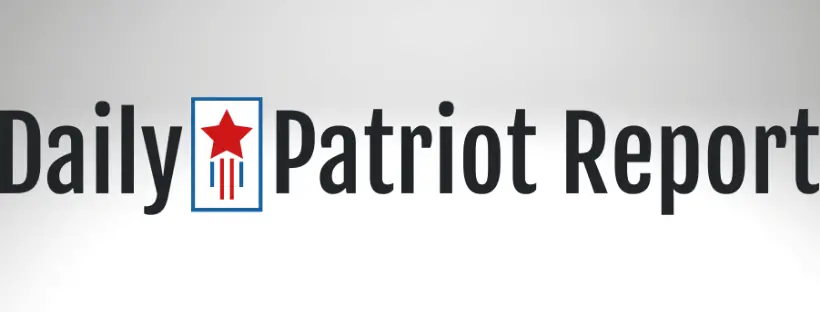Secretary of Defense Pete Hegseth announced sweeping new restrictions on journalists at the Pentagon Friday, signaling a major clampdown on press access under the Trump administration. The rules ban credentialed reporters from most areas of the Department of Defense headquarters without prior approval and an official escort.
In a memo, Hegseth cited national security as the top concern. “While the Department remains committed to transparency, the Department is equally obligated to protect [Classified National Security Information],” he wrote. He warned that leaks could endanger U.S. service members.
The new policy requires journalists to sign a form acknowledging their responsibility to safeguard sensitive information. Reporters will also receive newly marked badges that clearly label them as press members.
The Pentagon Press Association fired back, calling the move a “direct attack on the freedom of the press.” They argued that reporters have accessed unclassified areas of the Pentagon for decades without security concerns — even after 9/11.
More changes are coming. Hegseth’s memo says additional security protocols are on the way, and violations could lead to press credential revocations. Meanwhile, legacy media outlets like The New York Times, CNN, and NPR have been evicted from Pentagon offices as part of a new rotation system.
The move makes space for more Trump-aligned outlets like Breitbart, OANN, and the Daily Caller. The Department of Defense says the rotation is about fairness — giving other outlets a chance to report from inside.
The administration is also cracking down on internal leaks. Polygraph tests are now being used at some federal agencies, including the Department of Homeland Security. Officials have reportedly been warned they could lose their jobs if they refuse to comply.
The White House has made it clear: leaks won’t be tolerated. “Federal employees who leak material should be held accountable,” a spokesperson said.
